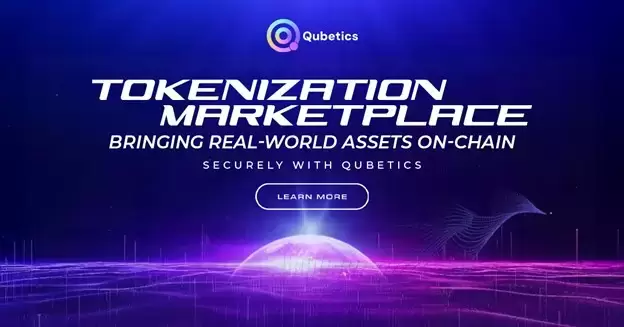Galaxy Research has unveiled a new proposal to overhaul how Solana decides future inflation rates, aiming to end the deadlock caused by binary voting.

Galaxy Research, a division of the cryptocurrency firm Galaxy Holdings, has proposed a new voting system for Solana to help the blockchain better decide on future inflation rates.
The proposal, introduced on April 17, is a response to the recent deadlock in Solana's voting system, which forced the community to reject a critical proposal despite widespread agreement on its goal.
The proposal, known as SIMD-228, aimed to transition Solana from a fixed inflation schedule to a market-responsive system, ultimately reducing the circulating supply of SOL tokens. While the community generally agreed on decreasing inflation and preferred lower options, the binary yes-or-no vote structure meant that no proposal to lower inflation could achieve majority support.
To solve this issue, Galaxy devised the “Multiple Election Stake-Weight Aggregation” (MESA) framework, presenting a more dynamic and market-based approach to adjusting token emissions.
Instead of forcing validators to vote yes or no on a single proposal to reduce inflation by a specific percentage, MESA would allow validators to allocate votes across multiple deflation options. These options would span a range of deflation percentages, and the average of the validators' selections, weighted by their staked tokens, would determine the final outcome.
For instance, if a third of validators selected a 50% deflation, another third selected 0%, and the remaining third selected 20%, the resulting average would yield a 23.3% deflation. If this collective preference for deflation was sufficiently strong, it would be used to adjust the inflation curve accordingly.
“This system grants validators greater freedom to express their preferences for varying levels of deflation, ensuring that the final inflation curve remains fixed, even as the rate of adjustment becomes more flexible and representative of the collective will,” Galaxy stated.
If accepted, MESA could set a new standard for decentralized governance, offering a way for communities to find consensus on complex economic models without relying on outdated voting structures.
Disclaimer:info@kdj.com
The information provided is not trading advice. kdj.com does not assume any responsibility for any investments made based on the information provided in this article. Cryptocurrencies are highly volatile and it is highly recommended that you invest with caution after thorough research!
If you believe that the content used on this website infringes your copyright, please contact us immediately (info@kdj.com) and we will delete it promptly.






















































































